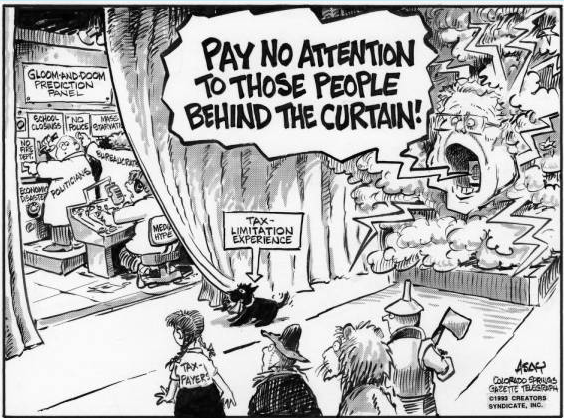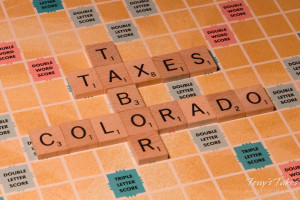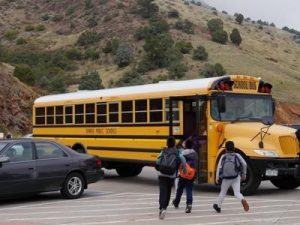Debate on county TABOR ballot issue
Mesa County Commissioner Rose Pugliese and Grand Junction resident Dennis Simpson will debate each other Wednesday on why voters should approve or reject a measure to exempt state grants the county receives from revenue limits set by the Taxpayer’s Bill of Rights.
Pugliese has said passing Ballot Issue 1A next month would give the county more flexibility in its annual budget, and allow the county to act as the fiscal agent to help nonprofits get state grants.
Simpson, however, has said the county doesn’t need to exempt that money, which amounts to about $21 million of the county’s $165 million annual budget. He said the county already has the ability to accept money on behalf of nonprofits, and if there are issues with state grant revenues coming up against the TABOR cap, the county can ask voters each time, as the constitutional amendment allows.
Under TABOR, any revenue — a fee or tax — state or local governments bring in unless otherwise exempted is subject to the amendment’s revenue cap, which limits year-over-year growth. Some of the money the state collects is given to local governments in the form of grants, money that already is counted under the state’s TABOR cap.
TABOR exempts federal money that the state and local governments receive, but it doesn’t exempt money local governments get from the state.
TABOR only specifies that pass-through money isn’t counted under a local government’s cap when that money is collected by one government and goes to another, such as property taxes collected by a county that goes directly to a city, town or school district within its boundaries. Oftentimes, state grants to nonprofit groups require those groups to use a local government to act as a fiscal agent for pass-through money, but TABOR is silent on whether that money should be counted under the TABOR cap.
According to Colorado Counties Inc., a statewide lobbying and advocacy group, voters in 51 of the state’s 64 counties have approved blanket TABOR revenue limit waivers.
Voters in several other counties have approved TABOR exemptions for specific programs, such as revenues that fund their human services departments, or for specific projects, such as water resources or transportation projects. Still others have exempted specific revenue sources, such as non-tax money.
Overall, only one county — Weld — has never passed any form of TABOR exemption. Other counties have passed specific exemptions for specific projects, including one in Mesa County. In 2001, voters here approved exempting $3 million the county received in a railroad grant to build the 30 Road underpass.
If voters approve the ballot measure, Mesa County would be the first in Colorado to exempt only state grants.
http://www.gjsentinel.com/news/western_colorado/debate-on-county-tabor-ballot-issue/article_b20e6c8a-cb83-11e8-811e-10604b9f6eda.html




 “‘Take your success elsewhere’ should be the signs erected if Colorado approves Amendment 73,” Penn Pfiffner, former state legislator and chairman of the board of the TABOR Foundation, told Watchdog.org. “The Taxpayer’s Bill of Rights properly treats everyone equally, requiring the same income tax rate be applied to everyone. Currently, if you make more money, you pay more, but only at the rate that everyone else pays. This proposal would change that, bringing an attitude that the upper middle class and wealthy should be attacked and made to pay increasing amounts. It is the worst concept in raising taxes.”
“‘Take your success elsewhere’ should be the signs erected if Colorado approves Amendment 73,” Penn Pfiffner, former state legislator and chairman of the board of the TABOR Foundation, told Watchdog.org. “The Taxpayer’s Bill of Rights properly treats everyone equally, requiring the same income tax rate be applied to everyone. Currently, if you make more money, you pay more, but only at the rate that everyone else pays. This proposal would change that, bringing an attitude that the upper middle class and wealthy should be attacked and made to pay increasing amounts. It is the worst concept in raising taxes.” Almost 60% of Colorado’s population, roughly 2.8 million people, live within the seven county Urban Drainage and Flood Control District (
Almost 60% of Colorado’s population, roughly 2.8 million people, live within the seven county Urban Drainage and Flood Control District (